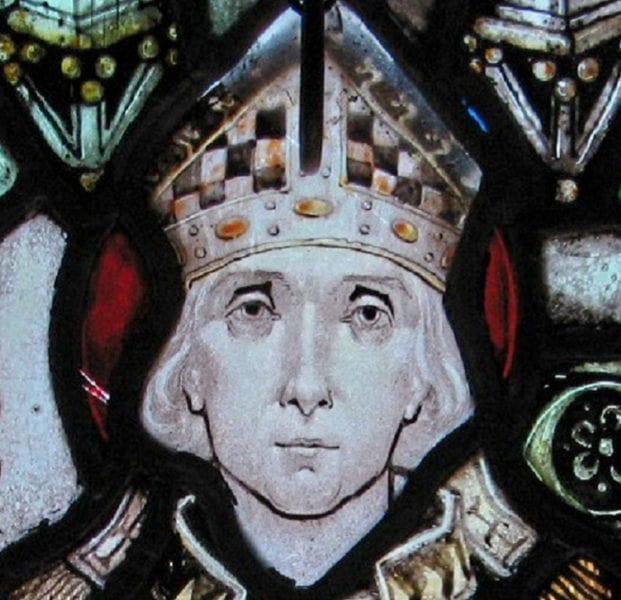THOMISM AND ITS PLACE IN THE CATHOLIC CHURCH: A HISTORICAL BRIEF Martina Juričková
Introduction
It is not easy to define Thomism as an unequivocal school of thought because the various thinkers, who advocated it throughout its 700-year history, never identified themselves as members of a unified movement. Likewise, the opinions on whom to name as a Thomist and what are the criteria of determining the content of Thomistic teaching have been often disputed and changed with the ages. Cessario1 provides the simplest definition of Thomism as “a body of tenets in both philosophy and theology that derive from and are held to represent faithfully the doctrine of […] Thomas Aquinas.” Wheisheipl states that representatives of this philosophy not only illuminate Aquinas’s teaching but develop it and try to use it to address the theological concerns of every age2. In a broad sense, the term “Thomist” used to be applied to anybody who in parts derived their philosophy from Aquinas, often combining it with elements from other schools of thought, creating different kinds of Thomism
Artwork: Saint Thomas Aquinas by Carlo Crivelli, 1476
and sometimes even resulting in a notable diversion from the holy priest’s teaching. Actually, almost every Christian tradition from the late medieval period was to some extent influenced by Aquinas’s ideas. In a strict sense, Thomism applies only to those who pristinely adhere to the central principles of Aquinas’s philosophy and theology as presented in his works. Thomas was born in 12253 in Roccasecca, Italy, into the family of lower aristocrats Landolfo and Theodora d’Aquino. Thomas was the youngest of their nine children and expected to enter the Benedictine monastery in the near Monte Casino and eventually become its abbot, like his uncle. Thus, at the age of 5 he was sent to be educated at the monastery. He spent 8 years there and then continued his studies at the University of Naples where he became acquainted with both Aristotle’s philosophy and the Dominican order, two things that determined the course of his following life.
Fellowship & Fairydust
7
Thomas Aquinas














